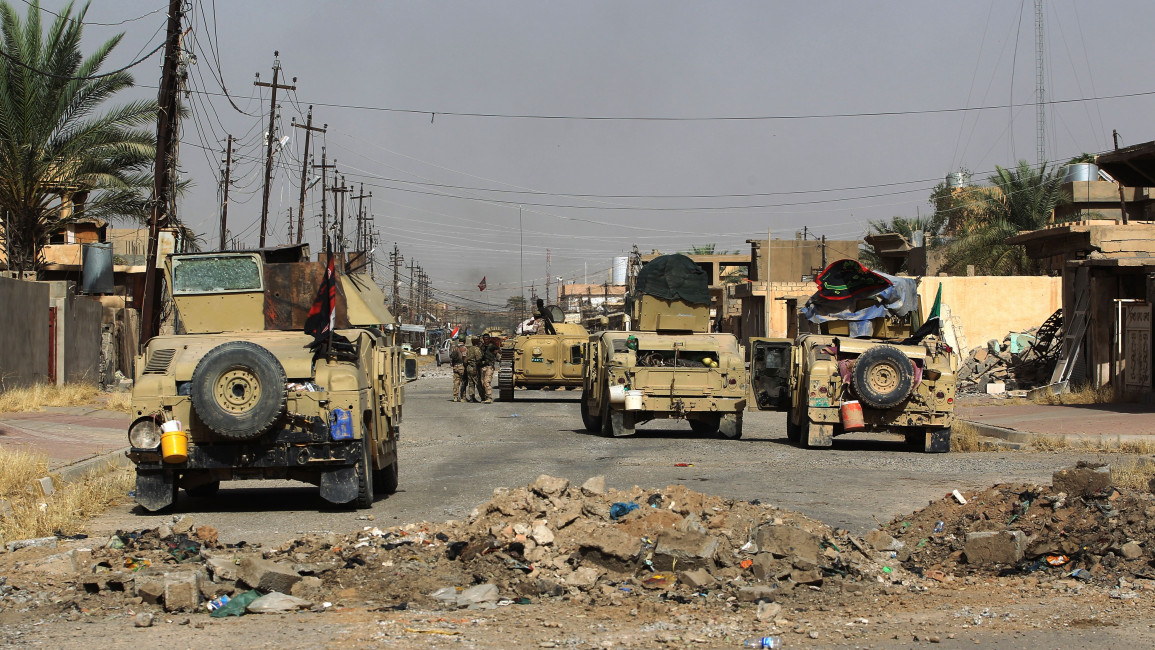Roadside bomb kills and wounds several Iraqi army officers north of Baghdad
At least three Iraqi officers were killed and three other soldiers wounded on Wednesday afternoon when a roadside bomb detonated as an Iraqi army convoy patrolled the Tarmiya area north of the capital city of Baghdad, according to Iraq's state media.
Iraqi News Agency (INA), citing a statement by Iraq's security media cell, reported that the commander of the first regiment of the 59th infantry brigade and two other officers were killed and three other officers were wounded as a result of the explosion that occurred in the Khan area of Tarmiya, around 30 kilometres outside the capital.
The agency also reported that the Deputy Commander of Joint Operations of the Iraqi Army Qais Al-Muhammadawi, as well as the Commander of the Iraqi Ground Forces Lieutenant-General Qassem Al-Mohammadi, visited the area to "check the reasons and details of the explosion."
There were no immediate claims of responsibility for the bombing.
Iraqi security forces carry out regular search operations in the Tarmiya area to prevent the Islamic State (IS) sleeper cells from using the area as a launchpad for attacks, but the region's terrain of palm tree orchards and irrigation channels has complicated the mission.
IS overran large swathes of Iraq and neighbouring Syria in 2014, declaring a "caliphate" before Baghdad defeated the group in late 2017 after a grinding campaign.
Yet, a low-level jihadist insurgency has persisted, particularly in rural areas north of Baghdad around the city of Kirkuk and in the eastern provinces of Diyala and Salaheddin.



